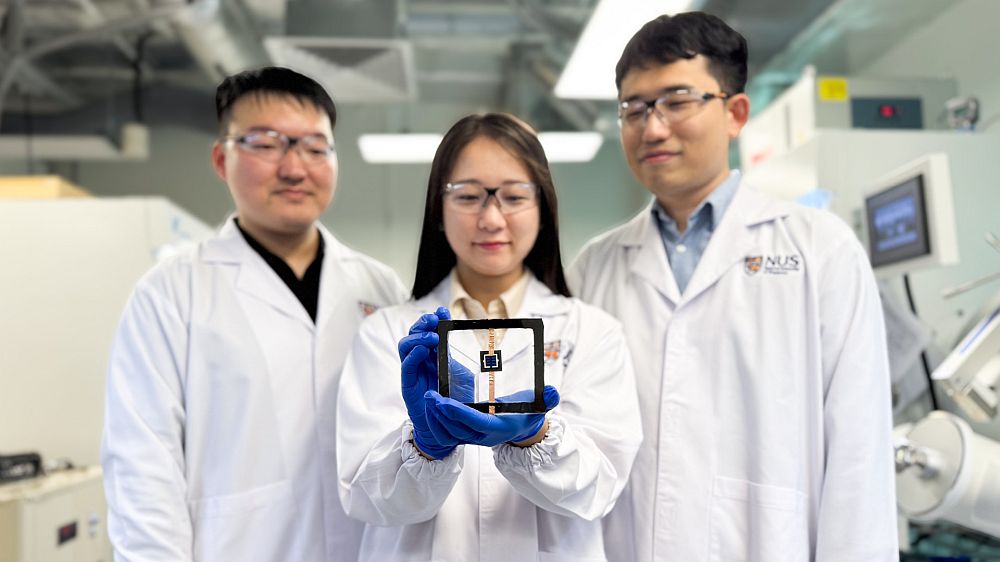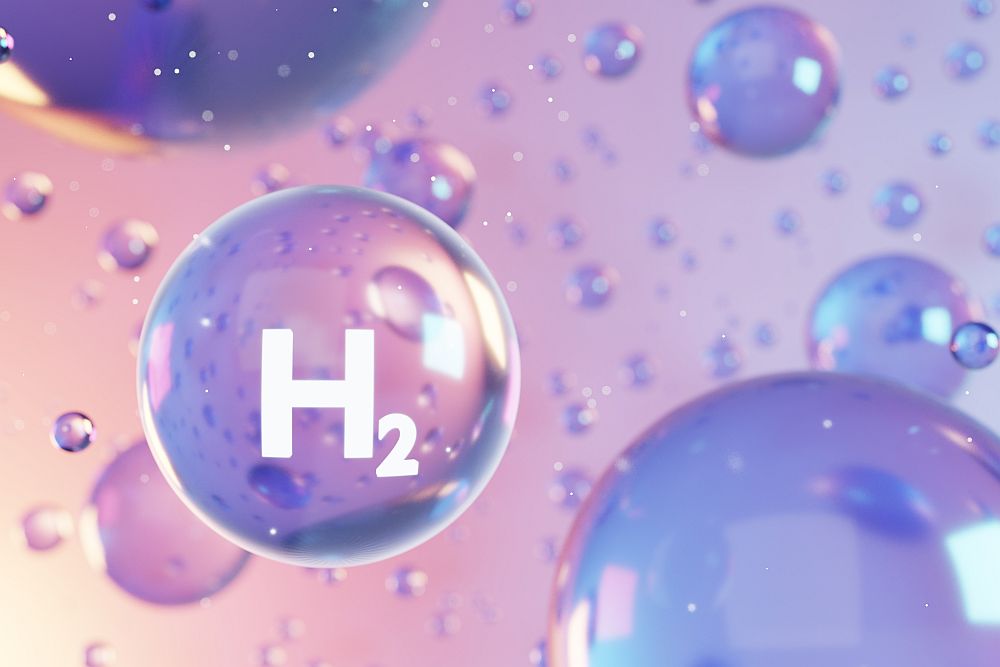The nonprofit Energy Research Center of the Netherlands reports that it is making significant advances with hydrogen separation membrane technology at an experimental plant in Italy. An ECN 0.4m2 Hysep 108 module composed of thin-film Pd layers on ceramic supports is being tested in partnership with an Italy-based Tecnimont KT, at the company’s Chieti test site. Tecnimont KT, a subsidiary of the larger Maire Tecnimont S.p.A., is a process engineering firm that specializes in applications for the chemical, petrochemical and refining industries.
ECN says the hydrogen plant employs a reformer-and-membrane-modules configuration that integrates membrane separation and reaction modules. ECN says that data so far confirms the feasibility of running these modules at a lower operating temperature. Instead of working in the costlier 850-900°C range, the RMM runs at less than 650°C, yielding 20 normal cubic meters per hour.
ECN says that two performance indicators are being closely monitored: the flux (or hydrogen yield per m2 of membrane) and the purity of the product. It says these indicators have remained through 500 hours of operation and more than 50 thermal cycles.
Besides operating at lower temperatures, an big advantage of ECN’s membranes is that they require low-cost starting materials and standard fabrication technologies. It says that it is pleased that, as the work shifted from the lab to field production, good results continues to be found. It says it will continue with the long-term stability testing under field conditions to “demonstrate the membrane technology as a market-ready technology.”
CTT Categories
- Energy


